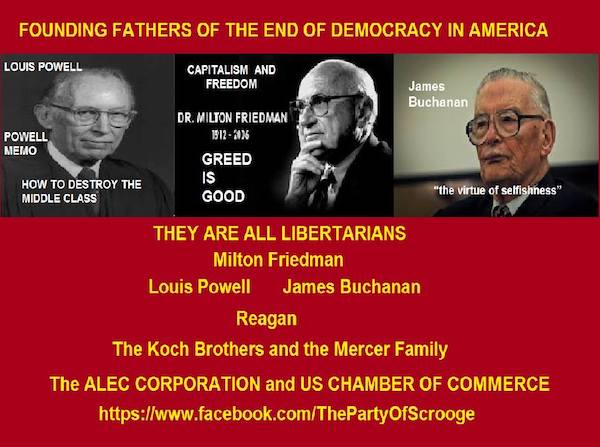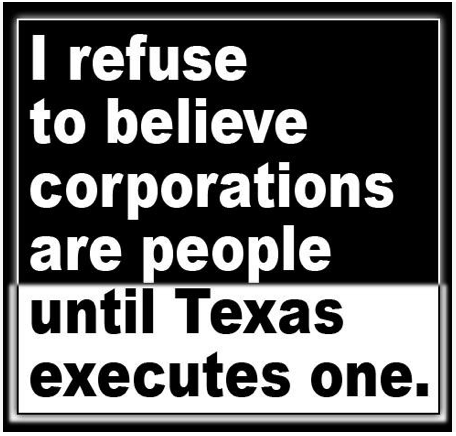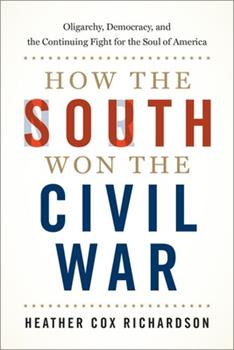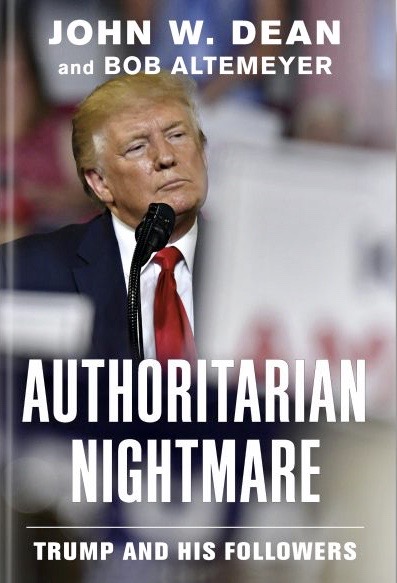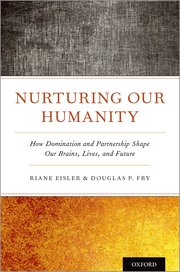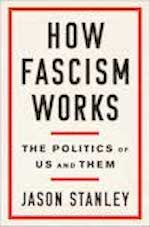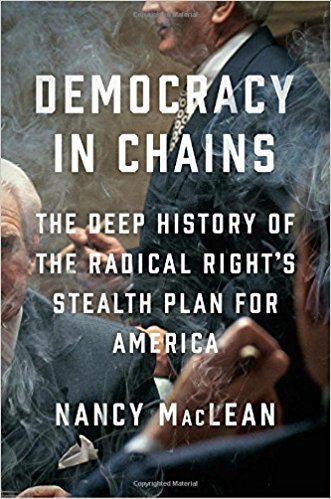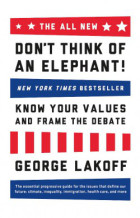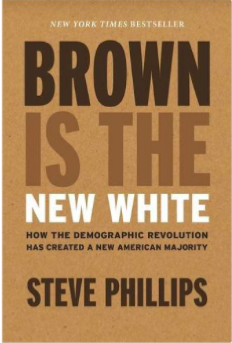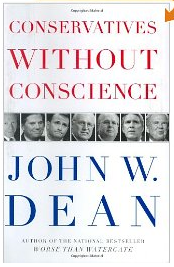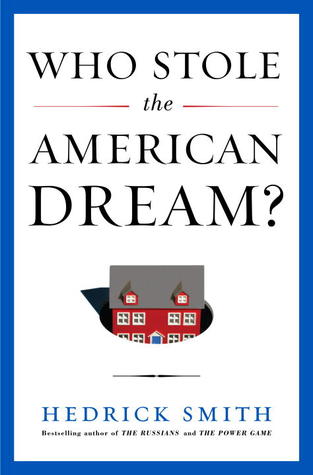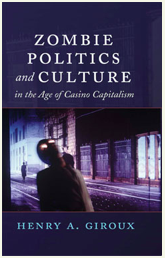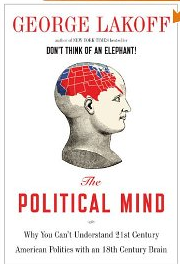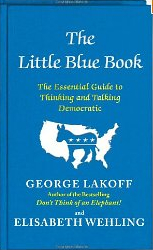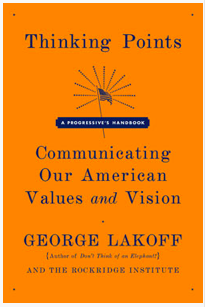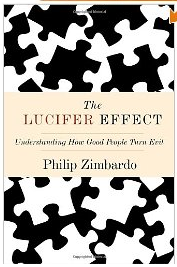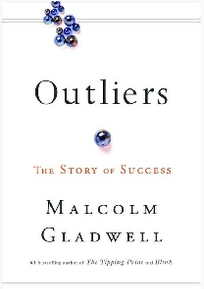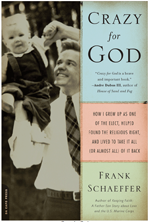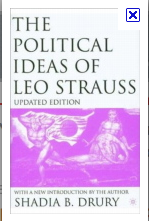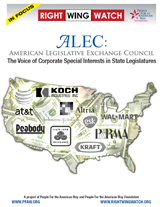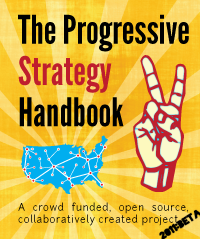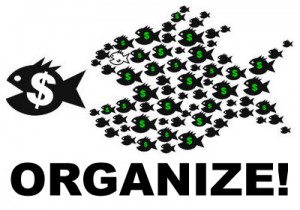DP World rhetoric is everywhere. Here are some facts about managing terminals, not ports, inside and outside the United States, and about Dubai Ports (DP) World.
The ports themselves are owned by local taxpayers and run by local governments. Port authorities issue leases to multiple companies to operate the terminals that load and unload cargo containers from ships. Some of these companies are foreign-owned, others are U.S.-based.
On February 11, 2005, DP World’s purchase of Peninsular and Oriental Steam Navigation Co.’s worldwide operations, which includes terminals at six American ports, including Philadelphia, New York, New Jersey, Baltimore, New Orleans and Miami, was approved by Bush Administration appointees.
The approval of the purchase came from the U.S. Committee on Foreign Investment in the United States (CFIUS) which includes 12 representatives: the Secretary of Treasury John Snow, as the chairman, Director of the Office of Science and Technology Policy, the Assistant to the President for National Security Affairs, the Assistant to the President for Economic Policy, the Department of Homeland Security, the Secretaries of State, Defense, and Commerce, the Attorney General, the Director of the Office of Management and Budget, the U.S. Trade Representative, and the Chairman of the Council of Economic Advisers. (What is the common factor among these members?)
The contract value is $6.8 billion, but only 10 percent of that effort is in the U.S. The rest of the contract is for port terminals in Europe. The entire contract will grow DP World from 19 terminal operations contracts to 50, including the 6 in the U.S.
DP World will be doing the same work with the same American employees as the old company. Imagine building a two dimensional pyramid. The base is made up of the American workers moving all that cargo. The next smaller layer is the worker’s American supervisors. The next layer is the supervisor’s American managers, and at the top is DP World management, which reports to the Dubai’s Ports, Customs and Freezones Authority (PCFC).
What part of the jointly owned New York/New Jersey Port is being leased by DP World? The jointly owned New York/New Jersey Port includes:
- 6 terminals which are each rented to private companies to run day-to-day operations
- day-to-day operations include getting cargo off ships and onto trains and trucks
- two terminals are operated by a Chinese companies
- two are operated by American companies
- one by a Danish company
- one that is jointly run by a Danish company and DP World
Half of the east coast terminals are foreign managed and 90 percent of the west coast terminals, not ports, are foreign operated.
Have you heard, in any of the news, about the Container Security Initiative (CSI)? Probably not. You probably also didn’t know that the United Arab Emirates (UAE), owner of DP World, is the only country from the middle east that has implemented CSI at Dubai.
In March of 2005, the U. S. Customs and Border Protection CBP summarized the 35th CSI agreement this way, “The United Arab Emirates became the first Middle Eastern country to join CSI when the declaration of principles was signed in Dubai on December 12, 2004. A CBP deployment team will work closely with the UAE government personnel to target high-risk cargo containers destined for the United States. Dubai Customs Administration officials are responsible for screening any container identified jointly with CBP officers as a potential terrorist risk.”
According to an NPR story, The Issues Behind the Port Security Uproar, “The United States has agreements in 42 major foreign ports that allow Customs officials to sweep containers with imaging and radiation detection technology. ‘Since Sept. 11, we do screening as much as possible outside the U.S.,’ said Stewart Baker, assistant secretary for policy with the DHS. ‘We don’t want to discover a weapon of mass destruction inside a U.S. port.'”
There was also a confidential agreement with DP World with CFIUS that requires DP World to make available certain company records. As part of the purchase, state-owned Dubai Ports World agreed to reveal records on demand about “foreign operational direction” of its business at U.S. ports. Those records broadly include details about the design, maintenance or operation of ports and equipment.
Michael Grey of the maritime journal, Lloyd’s List, provided the following facts in a story with NPR:
- DP World was started in 1999 to make money in the port management industry
- DP World could be the forth largest such terminal operations company
- About a year ago DP World bought part of another U. S. corporation, CSX World Terminals, Jacksonville, FL
Wait a minute, DP World already owns part of another U.S. company? And nobody complained? According to a February 23, 2005 article in the Jacksonville Business Journal, “Dubai Ports International has completed its acquisition of the international terminal business of CSX Corp. Dubai Ports paid $1.14 billion for CSX World Terminals.”
Here’s at least a contributing factor to this successful purchase. According to ABC News:
Secretary of the Treasury John Snow was sworn into office on Feb. 3, 2003, replacing Paul O’Neill, who had a contentious relationship with the White House and some members of Congress.
Prior to that, Snow was chairman and chief executive officer of CSX Corp., where he had worked for 20 years and led the company to refocus on its core railroad business.
That’s about all the facts I’ve found so far. So, what about the potential DP World national security issue?
There has been a lot of fuss about this, even from some Republicans, but I’m not convinced that there is a national security issue based on who manages those that operate the cranes and forklifts at some terminals of some of our ports. All the facts above seem to indicate to me the possibility that something else is going on.
First, anyone who discusses this situation and uses the phrase “control of our ports” should get a dope slap!!! Everyone is doing it and everyone is speaking incorrectly and inciting others when they use that phrase!!! Whether it is DP World, Chinese companies, Danish companies, or American companies, they are leasing or renting a terminal at a port and hiring locals to do the work. U.S. ports are owned and managed by U. S. citizens.
Second, what’s different about this situation as far as President Bush not knowing about it until after the uproar starts? That’s how he operates. Don’t confuse him with details, thick reports, or long PowerPoint presentations. He appointed others, whom he will unquestioningly support, to do the real work while he goes out and beats the drums for his current pet project. Also, his leadership by example explains why CFIUS may have operated improperly. Since the President can ignore wire tapping laws, why can’t Bush’s appointees in CFIUS ignore their rules of operation?
Third, is it really that strange that members of Congress are protesting – even members of Bush’s own party? Remember this is an election year and riding the low flapping coat tails of President Bush is not the way to get reelected. But what if party leaders, looking to the future, saw this as an opportunity to build a wall between those looking to get reelected and a President in decline? (I would like to see a chart showing how many of these rebelling Republicans are running for reelection this year?)
Fourth, it’s a requirement for the Democrats to protest. They hope to make gains in November, and, more importantly, they feel safe from mass ridicule by Republican issued “talking points”. This also reminds me of a shark feeding frenzy. But that is natural – this uproar is manmade and suspect from the start.
Fifth, if I were a terrorist and wanted to study port operations for possible attack, wouldn’t I follow the standard low budget, low profile approach? Why would I spend even 10 percent of $6.8 billion, when I could rent a room overlooking the terminal of interest? Why would I risk bringing on such protests and attention? And what if the port I’m interested in is not the one that DP World will share with some Danish company? What makes that terminal such a prime target?
On the other hand, maybe this is a great awakening to something our new Department of Homeland Security experts have missed in their various sad attempts to make this country secure from terrorists. Are we finally realizing that many of the infrastructures that have been taken for granted as purely commercial have now become truly national security vulnerabilities?
I can’t be totally sure, but I still think all the fuss is mostly political grandstanding bolstered by politicians too in love with their plush jobs in Congress.
Another point. According to the CIA – The World Factbook “The UAE is a drug transshipment point for traffickers given its proximity to Southwest Asian drug producing countries; the UAE’s position as a major financial center makes it vulnerable to money laundering.” Maybe, our politicians should be concerned about this?
Lastly, if you have information concerning possible terrorist use of shipping containers to smuggle weapons or other items, you may be entitled to a reward for the information provided. Please email the DHS with your information at containersecurity@dhs.gov.
(For more details on the above, refer to the various NPR reports below, or just google it.)

